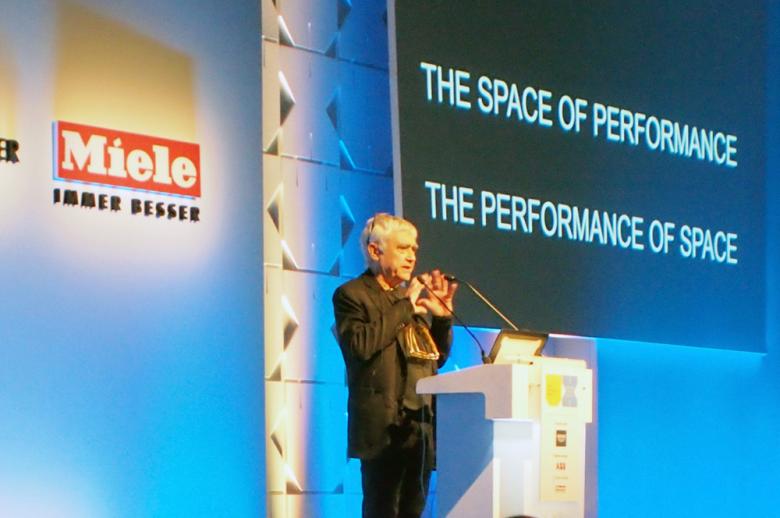Rafael Viñoly, 1944–2023
Born in Uruguay and based in New York since 1979, architect Rafael Viñoly died unexpectedly on Thursday, March 2, at the age of 78.
As reported yesterday by the New York Times, Viñoly's death, at a hospital in Manhattan, was caused by an aneurysm. A statement on the website of Rafael Viñoly Architects, the firm he founded in 1983, written by his son, Román, says in part:
“He leaves a rich legacy of distinctive and timeless designs that manifested in some of the world’s most recognizable and iconic structures, among them the Tokyo International Forum, the Cleveland Museum of Art, Carrasco Airport in Montevideo, and 20 Fenchurch Street in London. The firm’s partners and directors, many of whom have collaborated with him for decades, will extend his architectural legacy in the work we will continue to perform every day.”
Although Viñoly's firm was embroiled in controversy in recent years (the lawsuits at 432 Park Avenue and the solar glare from the “Walkie Talkie” building, mainly), the list starts with the architect's first major commission and (still) most impressive work: Tokyo International Forum, which his firm won the competition for in 1989 and was completed in 1996. Containing a 5,000-seat theater, a flexible 3,000-seat space, a 1,500-seat music hall, and a 600-seat black box theater, the large building is known for its 225-meter long Glass Hall capped by a glass roof supported by arched steel beams. It is a stunning space and the best example of the grand indoor rooms that he would later realize in the Kimmel Center for the Performing Arts in Philadelphia, the Booth School of Business at the University of Chicago, and other buildings around the world.
Viñoly's bio on the Rafael Viñoly Architects' profile states that “the essential responsibility of architecture is to elevate the public realm.” That comes across clearly at the Tokyo International Forum, as well as in other public commissions such as the Cleveland Museum of Art, as well as in private commissions such as 20 Fenchurch, with its rooftop public space. Even 432 Park Avenue, it should be noted, includes a small public plaza at its base, a public amenity the other supertalls along so-called Billionaires' Row do not consider.
This statement also extends to the approach behind the THINK team's finalist proposal for the World Trade Center site in 2003: Instead of towers containing office space replacing what was destroyed on 9/11, the tallest part of the scheme was a pair of latticework towers that would have been armatures for public and cultural uses (a museum and memorial) rising from the footprints of the Twin Towers. The team, which consisted of Viñoly alongside Shigeru Ban, Ken Smith, and Frederic Shwartz, was expected to win the masterplan competition but was overruled by New York Governor George Pataki in favor of Daniel Libeskind's proposal.
In retrospect, the completion of the residential tower at 432 Park Avenue can be seen as a revenge for not winning the WTC masterplan competition, if anything for the way the gridded concrete and glass tower reaches 1,396 feet — about 50 feet taller than the Twin Towers and the matching THINK team towers — but is considerably more slender than the originals. Also, as part of the highly publicized and contentious process over rebuilding Ground Zero, Viñoly's past in Argentina, where he helped found Estudio de Arquitectura (now MSGSSV) in the 1960s, was brought to the fore, with newspaper articles focusing on his supposed role in working for the country's military junta. Viñoly recounted the past in a monograph released at the time, writing that “working for murderers was too great a contradiction.” The architect and his family relocated to the USA in 1978, first to Harvard then to New York City, where he led his highly successful practice until his death this week.


